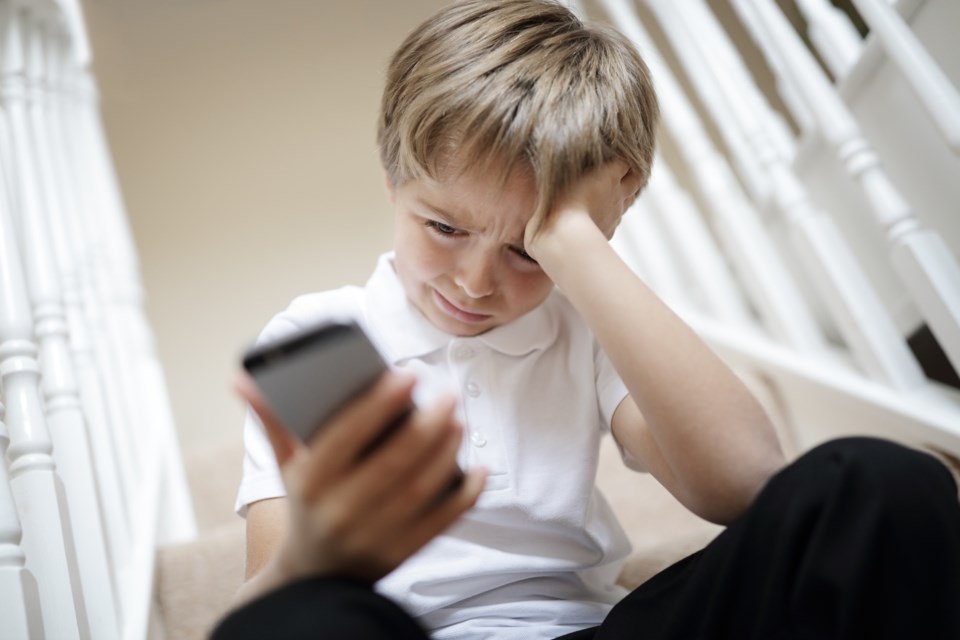NEWS RELEASE
BIENENSTOCK NATURAL PLAYGROUNDS
**********************
In author Jonathan Haidt’s newest book, “The Anxious Generation,” he identifies the dramatic change to the childhood experience over the past decade which has catapulted us into a mental health crisis of epidemic proportions.
Children and youth are more anxious, depressed, are self-harming, and idizing and completing suicide. They have less patience, are easily distracted, and lack motivation. While it’s not exactly an inspiring picture of youth and what will become of them as adults, Haidt articulates why this is happening, and makes recommendations in a four step action plan, giving us the power to change the outcome.
In the book, Haidt speaks truth to countless research and data studies and pinpoints this epidemic of mental illness on social media and what he calls phone-based childhood. (the term encompasses all screen technology). The rewiring that has happened to children (Gen Z) has delayed their development socially and neurologically. Phones became babysitters, soothers, educators and silencers for our children.
He then issued a simple yet powerful call-to-action on how we can bring about major change at home and in the classroom to ultimately restore childhood. The actions recommended by Haidt, echo Monday’s call from Education Minister Stephen Lecce, below.
“Starting in September, pupils in kindergarten to Grade 6 will be required to keep their cellphones silenced and away from their desks all day. In middle school and high school, students will be unable to access their phones during instructional time but will be able to use them during lunch or other breaks.”
“It’s clear we have to act with urgency to tackle the issue of cell phone distractions, social media and vaping in schools.”
“We know cellphone usage, according to UNESCO research, demonstrates a significant impact on learning and retention of knowledge and the mental health of children,” he said. “Many kids are worse off as a result of cyberbullying and the dependency on technology.
“We felt compelled to act.” Ontario Education Minister, Stephen Lecce.
–------------------------------------------------------------------------------------------------
Author Jonathan Haidt’s Call to Action Plan
Establish Phone-Free Schools. (Teachers get their students back and students refocus for learning.)
Delay children from having a phone until age 14.
Delay children from being on social media until age 16. (They are not mentally ready for it.)
Give children back some independence, free play, and responsibility outdoors, in the real world.
The outdoor play movement matters and is needed more than ever to restore childhood. When children reconnect to the outdoors, it increases their social skills which include; empathy, self-regulation and collaboration. When they are connecting to nature it reduces their stress and anxiety and improves mental well-being and STEM scores by 21-28 per cent. Connection to nature also cuts absenteeism, bullying and other forms of aggressive behaviour by 50 per cent.
In preparation and during the writing process, Haidt leaned into Adam Bienestock, the founder of Bienenstock (pronounced Bean-in-Stalk) Natural Playgrounds to share more about the outdoor, natural play movement, why it’s important, and how it’s the healthier way, for all of us. (The Anxious Generation, Chapters 11 & 12)
“We need to reduce the amount of time young people are on their phones and show them a better way to connect. This starts with improving the way in which students experience recess while in school. On average students are getting 27 minutes a day of recess and oftentimes this will be the only time they are outside. More outdoor time translates to improved social skills, collaboration, improved mental wellbeing, and inspires a lifelong love of nature. And those are just some of the benefits.” Adam Bienenstock, Founder of Bienenstock Natural Playgrounds.
This is already a movement, we just need to jump on. Did you know there are over 13,000 doctors who are currently prescribing Nature to their patients. That is how necessary it is. We can do the work now, in order to build mature competent, thriving adults.
**********************
